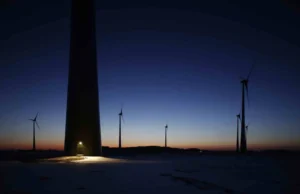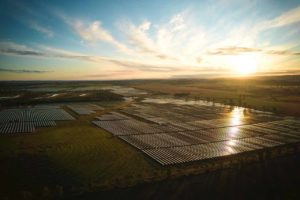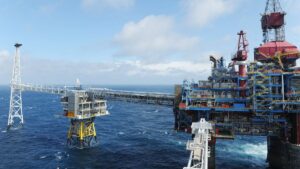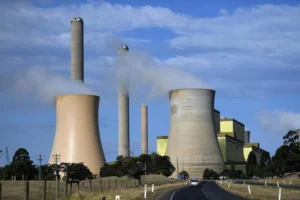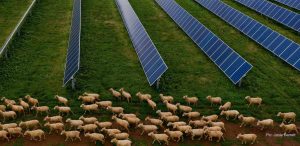The meeting of energy and resources ministers has made modest progress, but governments are at risk of sidelining affordability and emissions in their focus on electricity reliability at any cost.
The agreement of the National Hydrogen Strategy is the highlight of Friday’s announcements. While much more action will be needed in the years ahead, in Australia and overseas, to realise the potential of hydrogen, this strategy lays out a range of sensible steps to prepare the ground for what could be Australia’s next big resources boom.
That good work sits beside concerning developments.
Reliable electricity is a good thing, but it can cost a lot. The current electricity reliability standard balances our needs to incentivise only as much reliability as we are all willing to pay for.
That standard was reviewed only last year. By agreeing to a new review to be completed in just four months – over Christmas – the COAG Energy Council has ignored the warnings of a broad coalition of energy users and suppliers. Now that this review has been initiated, it has to consult meaningfully with all stakeholders and take costs seriously.
Ministers should be aware that if they wind up signing a blank cheque for reliability, they will condemn Australians to paying through the nose for surplus generators and transmission lines that will sit idle most of the time.
That fear applies to individual States as much as to market-wide changes. A parallel Electricity Strategy announced by New South Wales contains many welcome actions, including far-sighted measures to encourage energy efficiency, grow demand response and unlock new regions for electricity development.
But their proposed Energy Security Target could become a high-cost replacement for the reliability standard, despite the best intentions to the contrary. This measure will take a lot of consultation to implement safely.
Meanwhile, ministers made no progress on a coordinated, durable and integrated approach to energy-related emissions policy – the lack of which remains the most persistent barrier to energy investment and opportunity. And electricity market reforms to deliver better value into the future were largely left for resolution next year.
The intense focus on reliability paradoxically comes as the Australian Energy Market Operator reassures Ministers that there are now enough electricity resources in the market and in reserve to reduce the risk of the power system failing this summer.
There is no doubt that extreme weather will challenge us all, and there is no room for complacency. But the relentless focus on more announcements of reliability measures implies a political standard that no loss of supply will be tolerated. That standard cannot be met, but it will be paid for.
Innes Willox is chief executive of the Australian Industry Group



